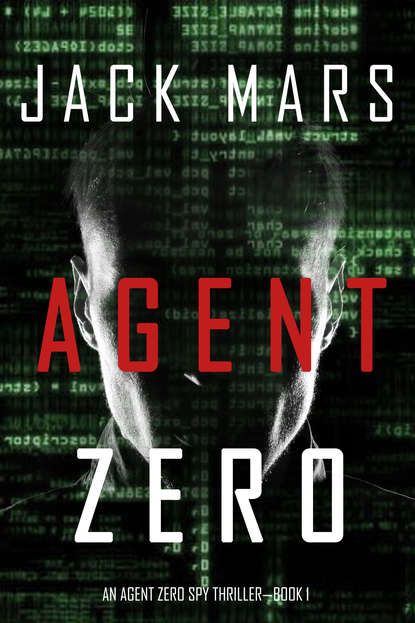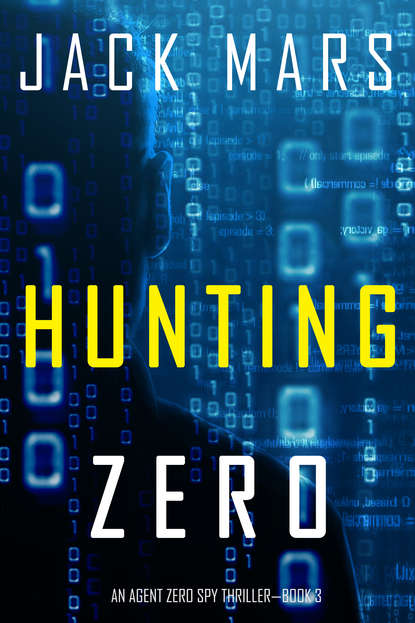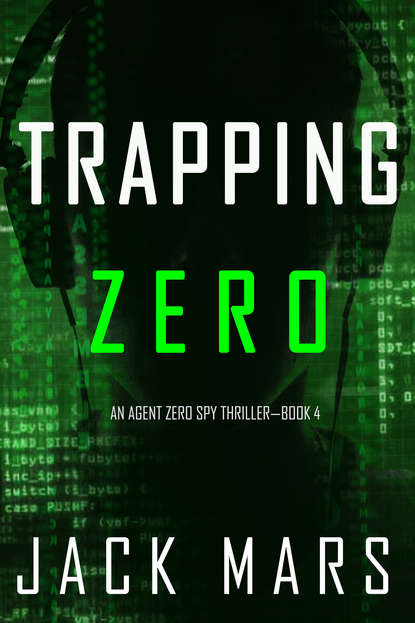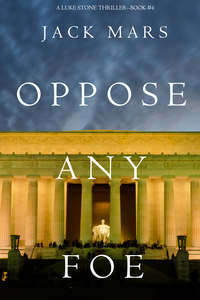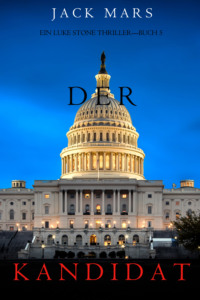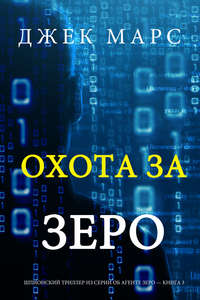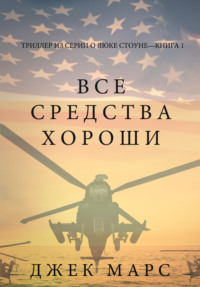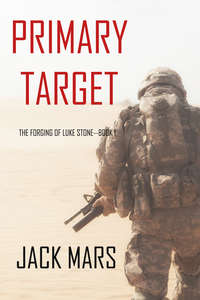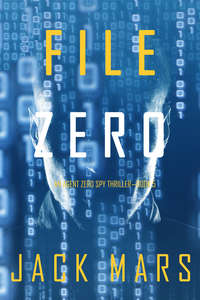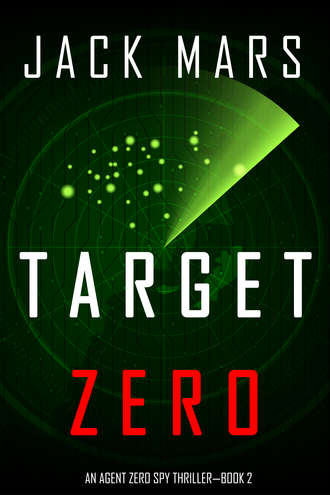
Полная версия
Target Zero
After a few minutes the sick feeling in his gut began to subside, but not the thoughts swirling in his mind. He couldn’t make any more excuses; he had to make a decision. He would have to determine what he was going to do. Back at home, in a box in his office, he had the letter that told him where he could go for help—a Swiss doctor named Guyer, the neurosurgeon who had installed the memory suppressor in his head in the first place. If anyone could help to restore his memories, it would be him. Reid had spent the last month vacillating back and forth on whether or not he should at least attempt to regain his full memory.
But parts of his wife were gone, and he had no way of knowing what else might have been washed out with the suppressor.
Now he was ready.
CHAPTER SEVEN
“Look at me,” said Imam Khalil in Arabic. “Please.”
He took the boy by the shoulders, a paternal gesture, and knelt slightly so that he was eye to eye with him. “Look at me,” he said again. It was not a demand, but a gentle request.
Omar had difficulty looking Khalil in the eye. Instead he looked at his chin, at the trimmed black beard, shaved delicately at the neckline. He looked at the lapels of his dark brown suit, by no means expensive yet finer than any clothes Omar had ever worn. The older man smelled pleasant and he spoke to the boy as if they were equals, with a respect unlike anyone else had ever shown him before. For all of those reasons, Omar could not bring himself to look Khalil in the eye.
“Omar, do you know what a martyr is?” he asked. His voice was clear but not loud. The boy had never once heard the Imam shout.
Omar shook his head. “No, Imam Khalil.”
“A martyr is a type of hero. But he is more than that; he is a hero who gives himself fully to a cause. A martyr is remembered. A martyr is celebrated. You, Omar, you will be celebrated. You will be remembered. You will be loved forever. Do you know why?”
Omar nodded slightly, but he did not speak. He believed in the Imam’s teachings, had clung to them like a life preserver, even more so after the bombing that killed his family. Even after being forced from his homeland of Syria by dissidents. He had some trouble, however, believing what Imam Khalil had told him only a few days ago.
“You are blessed,” said Khalil. “Look at me, Omar.” With much difficulty, Omar lifted his gaze to meet Khalil’s brown eyes, soft and friendly yet somehow intense. “You are the Mahdi, the last of the Imam. The Redeemer that will rid the world of its sinners. You are a savior, Omar. Do you understand?”
“Yes, Imam.”
“And do you believe it, Omar?”
The boy was not sure he did. He did not feel special, or important, or blessed by Allah, but still he answered, “Yes, Imam. I believe it.”
“Allah has spoken to me,” Khalil said softly, “and he has told me what we must do. Do you remember what you are supposed to do?”
Omar nodded. His mission was quite simple, though Khalil had made sure that the boy had no misgivings about what it would mean for him.
“Good. Good.” Khalil smiled wide. His teeth were perfectly white and shining in the bright sun. “Before we part, Omar, would you do me the honor of praying with me for a moment?”
Khalil held out his hand, and Omar took it. It was warm and smooth in his. The Imam closed his eyes and his lips moved with silent words.
“Imam?” said Omar in a near-whisper. “Should we not face Mecca?”
Again Khalil smiled broadly. “Not this day, Omar. The one true God grants me a request; today, I face you.”
The two men stood there for a long moment, praying silently and facing each other. Omar felt the warm sunshine on his face and, for the silent minute that followed, he thought he felt something, as if the invisible fingers of God were caressing his cheek.
Khalil knelt slightly as they stood in the shadow of a small white airplane. The plane could fit only four people and had propellers over the wings. It was the closest Omar had ever been to one—other than the ride from Greece to Spain, which was the only time that Omar had ever been in a plane, either.
“Thank you for that.” Khalil slipped his hand from the boy’s. “I must go now, and you must as well. Allah is with you, Omar, peace be upon Him, and peace be upon you.” The older man smiled once more at him, and then he turned and stepped up the short ramp onto the plane.
The engines started, whining at first and then rising to a roar. Omar took several steps back as the plane pulled forward down the small airstrip. He watched as it gathered speed, faster and faster, until it rose into the air and eventually disappeared.
Alone, Omar looked straight up, enjoying the sunshine on his face. It was a warm day, warmer than most this time of year. Then he started the four-mile hike that would take him into Barcelona. As he walked, he reached into his pocket, his fingers gently but protectively wrapping around the tiny glass vial there.
Omar could not help but wonder why Allah had not come to him directly. Instead, His message had been passed along through the Imam. Would I have believed it? Omar thought. Or would I have thought it just a dream? Imam Khalil was holy and wise, and he recognized the signs when they presented themselves. Omar was a youthful, naïve boy of only sixteen who knew little of the world, particularly the West. Perhaps he was not fit to hear the voice of God.
Khalil had given him a fistful of euros to take with him into Barcelona. “Take your time,” the older man had said. “Enjoy a good meal. You deserve this.”
Omar spoke no Spanish, and only a few rudimentary English phrases. Besides, he wasn’t hungry, so instead of eating when he arrived in the city, he found a bench looking upon the city. He sat upon it, wondering why here, of all places.
Have faith, Imam Khalil would say. Omar decided he would.
To his left was the Hotel Barceló Raval, a strange round building adorned in purple and red lights, with well-dressed young people coming and going from its doors. He did not know it by its name; he knew only that it looked like a beacon, attracting opulent sinners as a flame attracts moths. It gave him strength to sit before it, reinforcing his belief so that he would be able to do what must come next.
Omar carefully took the glass vial from his pocket. It did not look like there was anything inside it, or perhaps whatever was in it was invisible, like air or gas. It didn’t matter. He knew well what he was supposed to do with it. The first step was complete: enter the city. The second step he performed on the bench in the shadow of the Raval.
He pinched the conical glass tip of the vial between two fingers and, in a small but swift movement, snapped it off.
A tiny shard of glass stuck in his finger. He watched as a bead of blood formed, but resisted the urge to stick the finger in his mouth. Instead, he did as he was told to do—he put the vial to one nostril and inhaled deeply.
As soon as he did, a knot of panic gripped his gut. Khalil had not told him anything specific about what to expect after that. He had simply been told to wait a short while, so he waited and did his best to remain calm. He watched more people enter and leave the hotel, each dressed in lavish, ostentatious clothing. He was very much aware of his humble garb; his threadbare sweater, his patchy cheeks, his hair that was growing too long, unruly. He reminded himself that vanity was a sin.
Omar sat and he waited for something to happen, to feel it working its way inside him, whatever “it” was.
He felt nothing. There was no difference.
A full hour went by on the bench, and then at last he rose and walked at a leisurely pace northwestward, away from the purple cylindrical hotel and further into the city proper. He took the stairs down to the first subway station he found. He certainly could not read Spanish, but he didn’t need to know where he was going.
He bought a ticket using the euros Khalil had given him and stood on the platform idly until a train came. Still he did not feel any different. Perhaps he had misjudged the nature of the delivery. Still, there was one last thing for him to do.
The doors whooshed open and he stepped inside, moving nearly elbow to elbow with the boarding crowd. The subway train was quite busy; all of the seats were taken, so Omar stood and held onto one of the metal bars that ran parallel to the train’s length, just over his head.
His final instruction was the simplest of all, though also the most confusing to him. Khalil had told him to board a train and “ride it until you cannot anymore.” That was all.
At the time Omar was unsure of what that meant. But as his head began to prickle with sweat, his body temperature rising, and nausea rose in his stomach, he began to have a suspicion.
Конец ознакомительного фрагмента.
Текст предоставлен ООО «ЛитРес».
Прочитайте эту книгу целиком, купив полную легальную версию на ЛитРес.
Безопасно оплатить книгу можно банковской картой Visa, MasterCard, Maestro, со счета мобильного телефона, с платежного терминала, в салоне МТС или Связной, через PayPal, WebMoney, Яндекс.Деньги, QIWI Кошелек, бонусными картами или другим удобным Вам способом.


